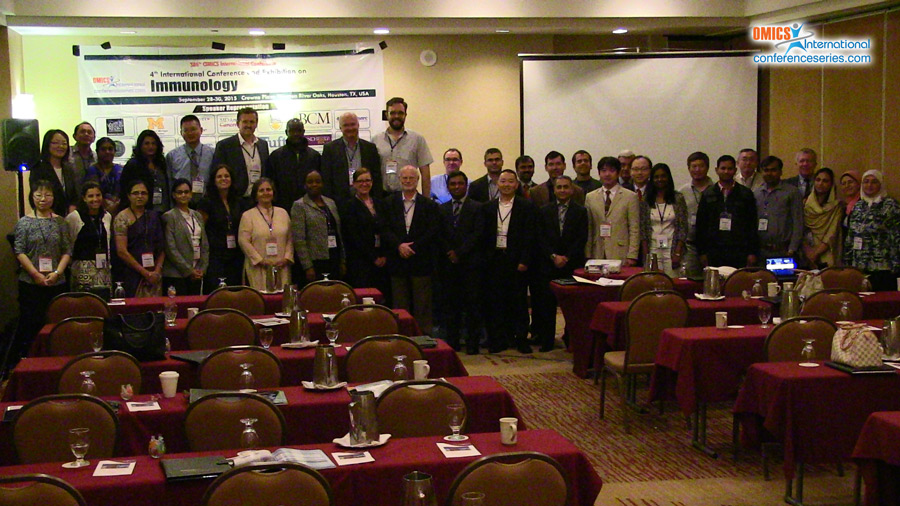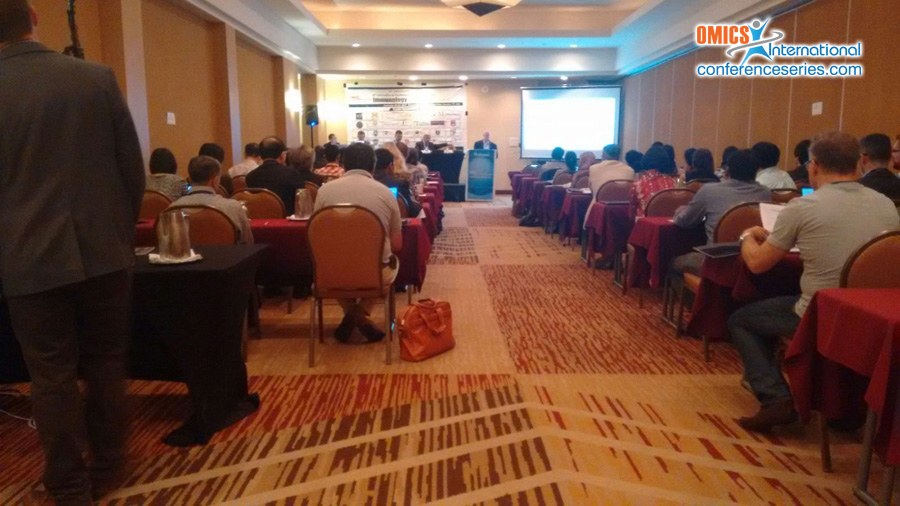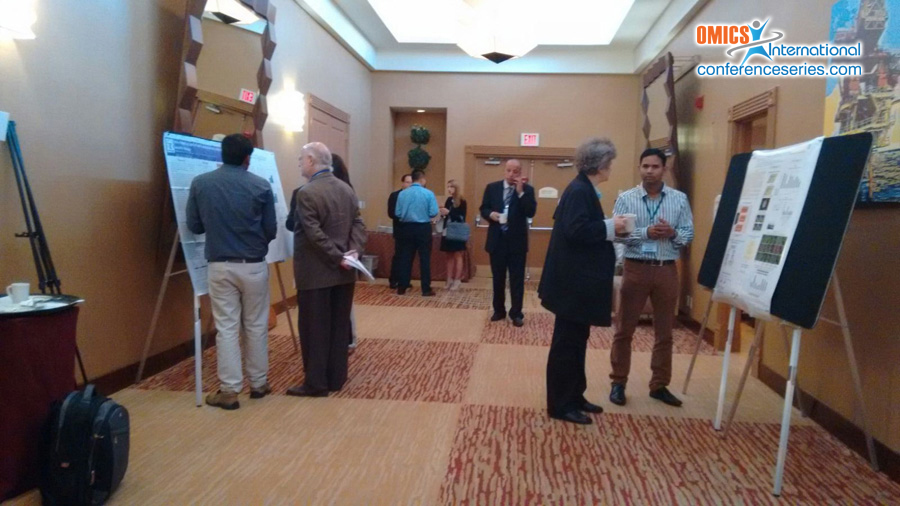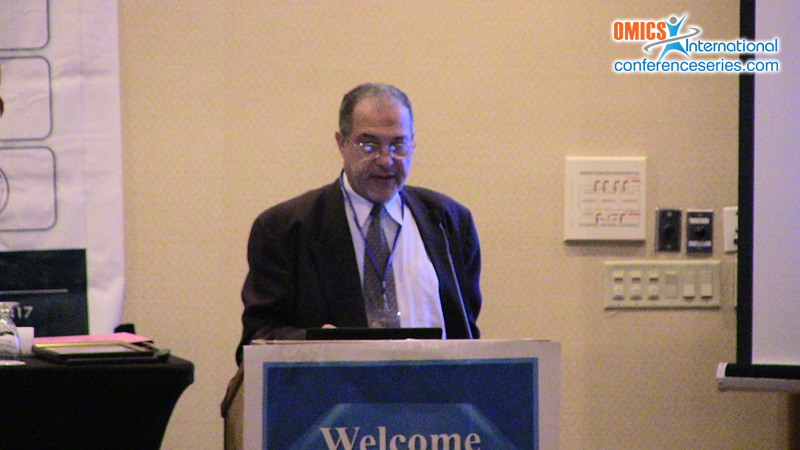
Ahmed G Hegazi
National Research Center, Egypt President, Egyptian Environmental Society for Uses and Production of Bee Product National Research Center, Egypt
Title: Cytokines pattern of multiple sclerosis patients treated with Apitherapy
Biography
Biography: Ahmed G Hegazi
Abstract
Objective: Examined cytokines in serum samples from 80 patients with multiple sclerosis treated with apitherapy in particular using bee sting therapy. Methods: Eighty patients with MS, their ages ranged between 26-71 years, were subjected to complete clinical and neurological history and examination to confirm the diagnosis. All cases were under their regular treatment they were divided into two main groups, Group I received honey, pollen, royal jelly and propolis and were treated with apiacupuncture 3 times weekly, for 12 months, in addition to their medical treatment, while group II remains on their ordinary medical treatment only. IFN-γ, interleukin (IL) 1β, IL-4, IL-6, IL-10, tumor necrosis factor alpha (TNFα) were detected. Apiacupuncture was done by bee stings for regulating the immune system. Results: Results revealed that 12 patients showed some improvement regarding their defects in gait, bowel control, constipation and urination, while 28 cases, showed some mild improvement in their movement in bed, and better improvement in bed sores, sensation, and better motor power, only six cases of them were able to stand for few minutes with support. The level of IFN-γ, (IL) 1β, IL-4, IL-10, TNF-α was significantly elevated in patients in Group II, and no significant differences were found for IL-6 between the 2 groups of treatment. The mean values of IgE level in both groups of M.S. patients were low but with no statistical significance, while by the end of the study there were an elevation in the levels of IgE for both groups which was statistically significant. Conclusion: Although Apitherapy is not a curable therapy in MS, but it can be used to minimize the clinical symptoms of MS and evaluating responses to specific therapies which can be included among programs of MS therapy. Cytokines in multiple sclerosis may help to identify mechanisms involved in the pathogenesis of the disease.
Speaker Presentations
Speaker PDFs
Speaker PPTs Click Here




